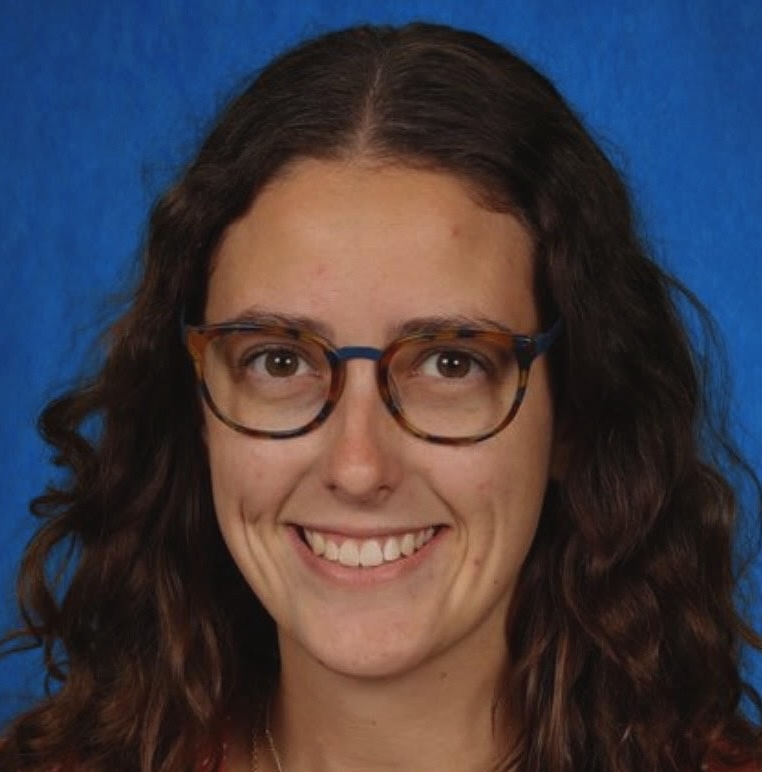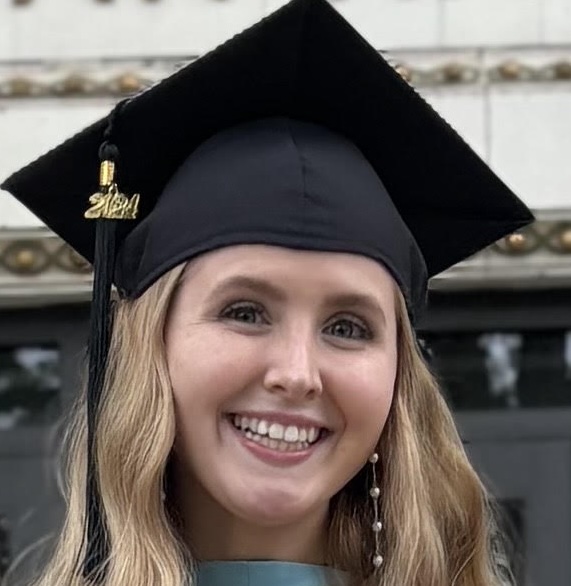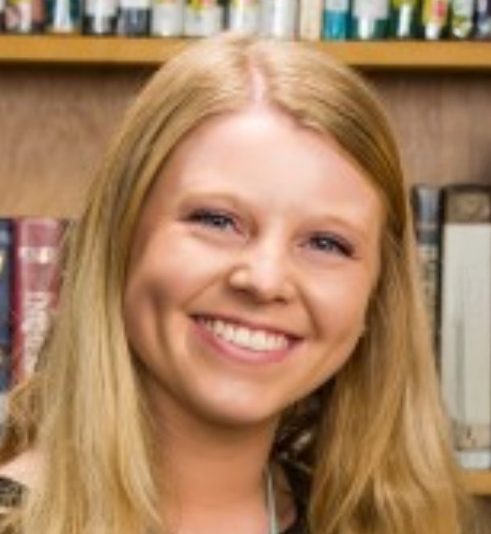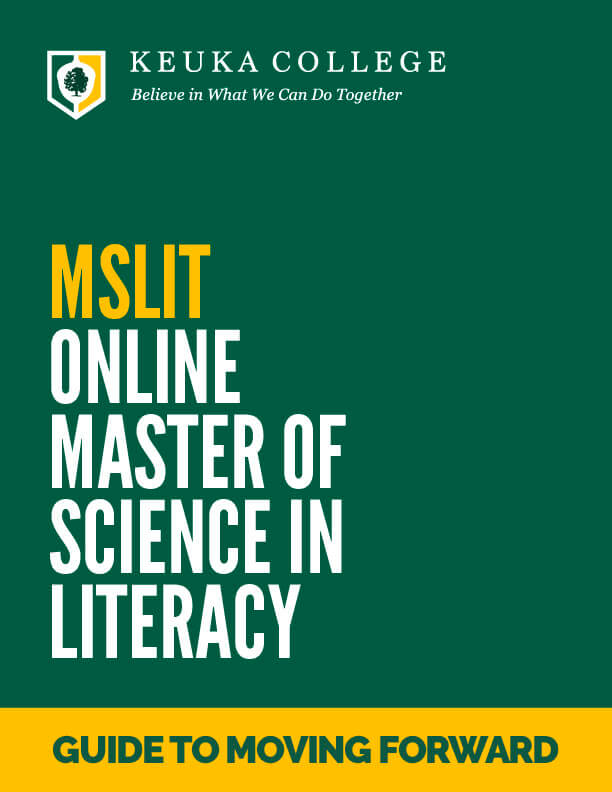
MASTER OF SCIENCE IN LITERACY (ALL GRADES)
REWRITING YOUR STORY. SHAPING THE FUTURE.
The need for skilled reading and writing experts has never been greater. Join a community of passionate B–12 educators and amplify your impact in the classroom and beyond.






